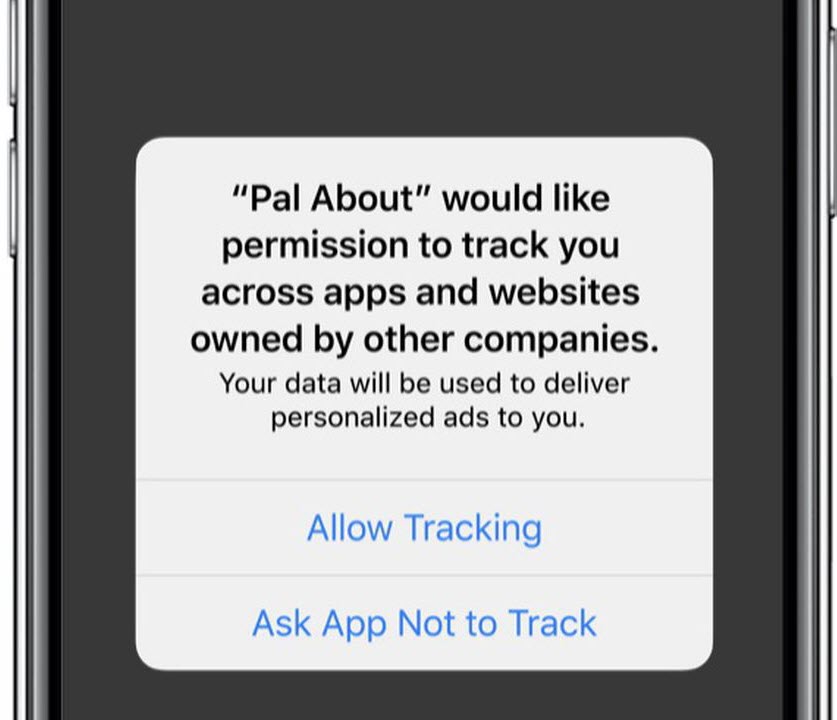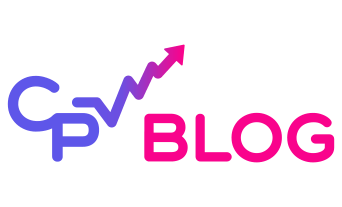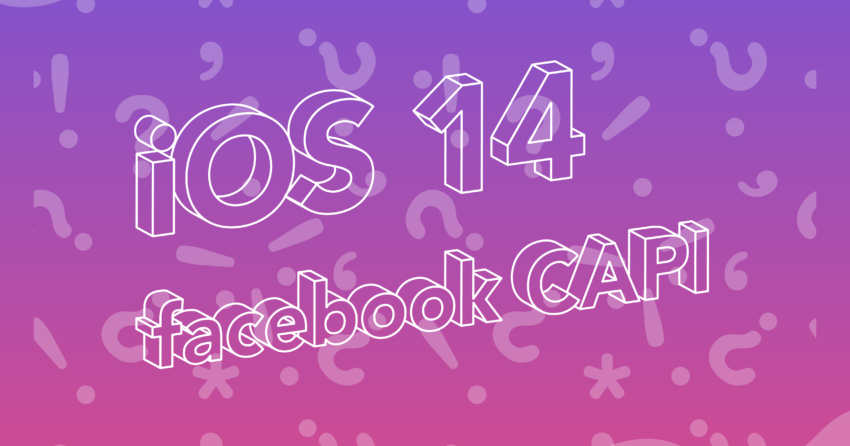After Apple launched the latest iOS14.5 update, difficulties began to appear for all the marketers running ads, especially for the ones running Facebook campaigns.
But from the start I want to state that tracking with CPV Lab Pro is not at all affected by the new changes done by this privacy update from Apple.
I will highlight here what are the 4 key facts you need to know about the iOS14 update and where is Facebook CAPI useful in this situation.
1. How does the iOS14 update affect your ads?
All the advertisers out there like to measure the effectiveness of their ads by checking the user behavior before purchasing a product. And this is done by tracking that user activity and afterwards showing him specific ads based on his interests, etc.
With the latest iOS 14 update, users receive a prompt that asks them if they want an app tracked before they install it.

So, starting with the release of iOS14 (and afterwards, iOS14.5), Apple requires that all apps in the App Store show a discouraging prompt to users devices (in accordance with their AppTracking Transparency framework).
On previous iOS versions, users could block access to IDFA for all apps from their iPhone’s settings menu ( including Apple’s apps). But access was granted by default to track IDFA.
IDFA comes from “ID for Advertiser” and it is an unique ID to identify each iPhone device to advertisers. It is used when showing ads on mobile apps.
This was changed with the new iOS 14.5 update when users are required to give their explicit permission to access their IDFA. So, unless a user decides otherwise, IDFA will not be available for advertisers.
And how is this affecting Facebook campaigns?
Facebook is using IDFA to connect the ads with the sales.
More exactly, it works like this:
- Facebook shows you an ad for something (a new fitness program, a game, etc) in your mobile app
- you click the ad and Facebook will save your IDFA somewhere.
- Afterwards, when you install that new fitness application, Facebook will say it was coming from the ad they displayed. Connect ad with sale.
But, if you will opt out of tracking, Facebook can’t collect the IDFA, so, they can’t track the conversion back on their servers.
Conclusion: If users select that they don’t want to be tracked anymore, Facebook won’t be able to track conversions efficiently.
Also, audience targeting will be influenced and you won’t be able to keep your audience consistency. Due to all these changes, you will notice that the return of ad spent will probably decrease in the following period.
What is sure, is that the new iOS 14 update had a big impact on the reporting and processing of conversions registered with the Facebook Pixel.
2. What is Facebook Conversion API (or CAPI) and why does it matter?
In case you’ve been living under a rock, Conversions API (CAPI) is a new version of what Facebook used to call Server Side API (SSAPI).
It’s a Facebook Business tool that allows you to send web data from your servers directly to Facebook and process conversion events.
Basically, it helps you improve performance and conversion events of your Facebook ad campaigns. You link your pixel to the servers and process your conversion events through it.
Now (more so in the iOS 14.5 era) knowing how to use Facebook CAPI can help you keep your campaigns up and running and reduce the effect of Apple’s latest updates.
Through Facebook CAPI you can send data through your server straight into Facebook’s ad platform, and so you can collect data to optimize your campaigns even if a user blocks cookie tracking.
To use Facebook Conversion API you still need to have Facebook Pixel installed on your server + a developer to write the code to integrate with the CAPI.
The easiest way to do this is by using a 3rd party tracking system, track your campaigns and then send back data to Facebook through Facebook CAPI from within the tracker, like CPV Lab Pro.
The main differences between using just the Pixel and collecting data through the Conversion API are shown below.
Here’s a short comparison between the Facebook Pixel and Facebook CAPI:
| Facebook Pixel | Facebook CAPI |
| Doesn’t comply with privacy updates Provides inaccurate attribution and conversion data Gets blocked by ad blockers | Ready for cookieless updates Better accuracy for conversions Better attribution |
3. How does it work?
The user takes an action on your website and that information is tracked.
Then, through the Facebook CAPI the data about the user activity is sent back to Facebook and you have more accurate information in your Facebook reports.
Facebook CAPI allows the website server to track the users as they take an action on the website and send the data back to Facebook servers.
If until now the pixel was triggered at a browser level, now, with CAPI, Facebook sends a unique ID to the server every time a user clicks on an ad and lands on your website.
So, Facebook will gather information via the ID, like:
- which pages does the visitor check out on your website,
- if they add something to the cart
- if they complete a purchase
- and so on
4. What do you have to do?
- Verify your domain (there are more options available: verify via DNS verification, HTML file upload or Meta-tag verification);
- You need to go to Business Settings – Brand Safety – Domains – Add Domain.
- Here are more details: https://developers.facebook.com/docs/sharing/domain-verification
2. Prioritize your conversion events in Facebook Business Manager (because if users opt-out phone tracking, Facebook can only track one conversion event, so choose wisely what is more important for you to track).
More details for developers are available here.
We hope this helped you understand the topic better. Keep your eyes on our blog, we have details about Facebook CAPI integration with CPV Lab PRO coming soon!





